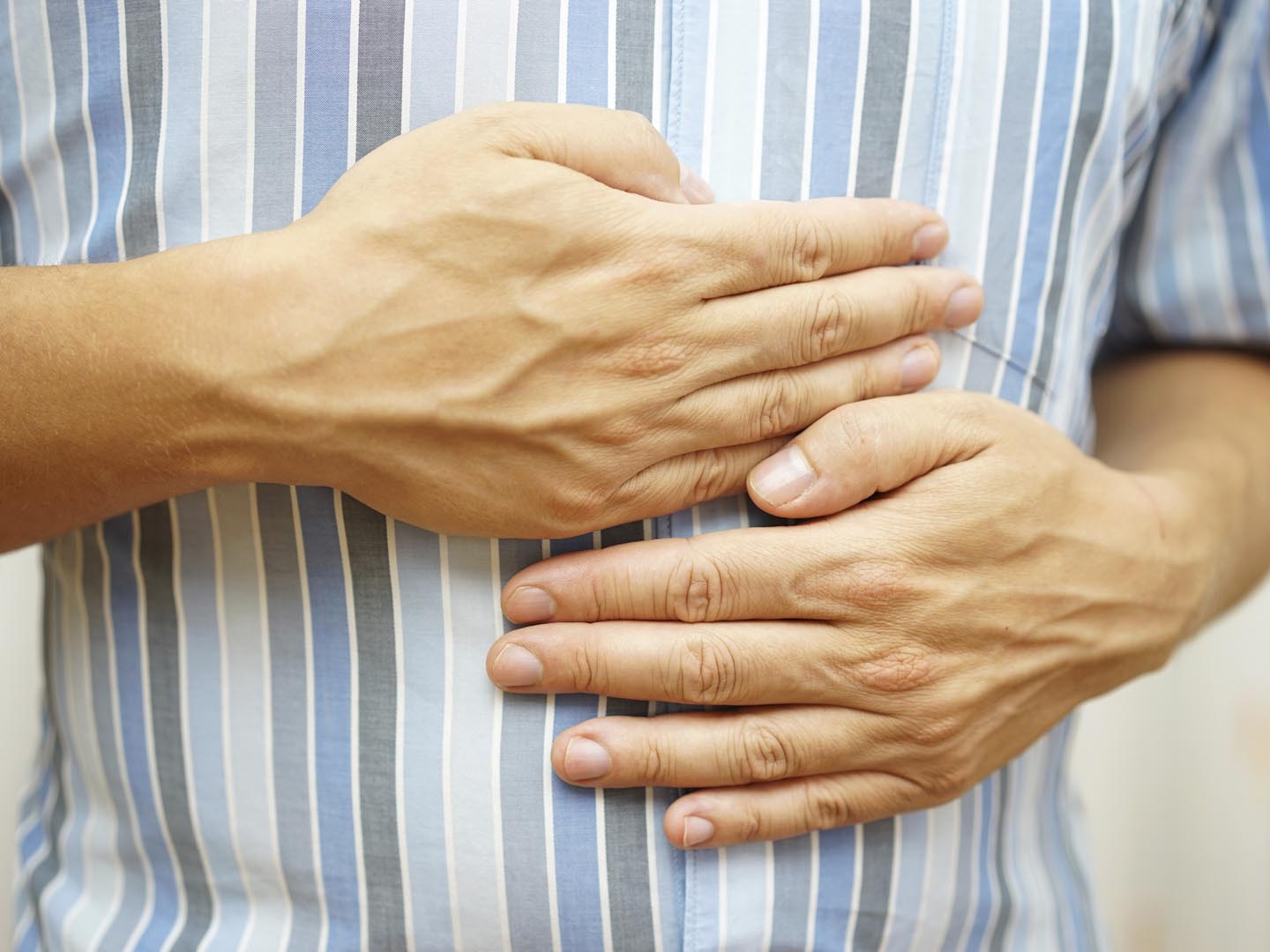Is Blocking Stomach Acid Bad?
Why do you say that proton pump inhibitors are safe only for short term use? If I discontinue them after a couple of weeks of being symptom-free, I must start over with a very troublesome stricture-like feeling in the upper esophagus and bloating.
Andrew Weil, M.D. | November 17, 2006

Proton Pump Inhibitors (PPIs) are drugs that block the secretion of stomach acid. They are used to relieve heartburn caused by gastroesophageal reflux disease (GERD) in which stomach acid backs up into the esophagus. They may also be recommended for treatment of esophageal inflammation (esophagitis) and esophageal ulcers due to acid reflux as well as the treatment of gastric inflammation and ulceration. Prilosec and Prevacid are two popular examples of PPIs.
While PPIs work well on a temporary basis, I urge you to avoid long-term use. If you’ve used PPIs and had your symptoms return after you stop taking them, you see the problem – these drugs can cause a “rebound” effect in which your symptoms can come back worse than ever. This happens because your stomach secretes extra acid as a response to the fact that the drug is no longer preventing it from producing acid.
If you do take PPIs, do so under the supervision of your physician (even though Prilosec is available over-the-counter). You also should be aware that there’s no discernible difference in effectiveness between the various PPIs available, including the inexpensive over-the-counter varieties and those available only by prescription. The only difference is usually dosage, and starting with the lowest effective dose is generally the best course.
Instead of long-term use of these drugs, I urge you to make the following lifestyle changes, which can help eliminate the need for medication all together:
- Reduce or eliminate alcohol consumption.
- Stop smoking.
- Avoid coffee and decaffeinated coffee. Drink chamomile tea instead.
- Pay attention to the foods that make your stomach unhappy and avoid eating them.
- Don’t eat within two to three hours of bedtime, and avoid lying down after meals.
- Put your bed on a slant by placing four to six inch wooden blocks under the bedposts at the head of the bed. Or use a foam wedge to lift your body from waist up. (Using pillows to prop yourself up won’t help elevate your digestive tract.)
- Learn and practice an effective stress reduction technique, such as breathing exercises, guided imagery, progressive relaxation, or biofeedback.
- Lose weight. Excess weight can put pressure on your abdomen, which can push stomach acid upward. Losing even a few pounds can help.
- Take deglycyrrhizinated licorice (DGL) to soothe the esophageal lining. Chew two tablets slowly before each meal or between meals, or take one-half teaspoon of the powder before meals. Use DGL as long as you have symptoms.
Andrew Weil, M.D.









